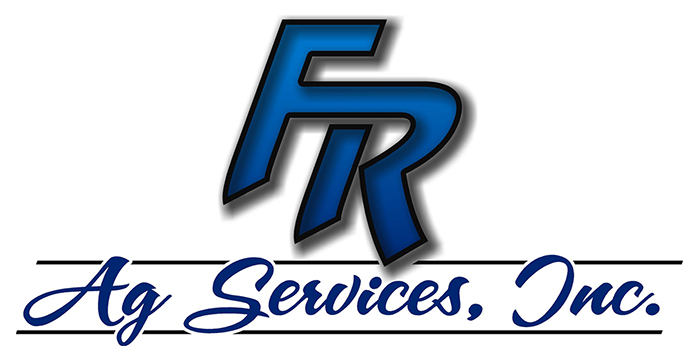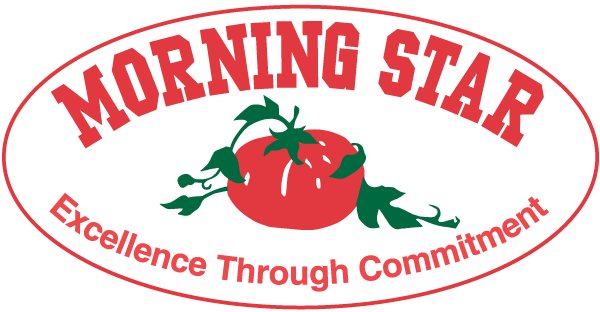By Anthony P. Raimondo
Housing has always been an integral part of life on a dairy, and it can be a tremendous asset in hiring and retaining employees. Indeed, housing can be essential, especially in areas where general housing costs are prohibitive to the dairy labor force. But housing can come with many liabilities and pitfalls, many of which can be addressed through a good housing agreement. It is important for dairy producers to understand what a housing agreement can and cannot do.
The biggest limit on a housing agreement is that it cannot expedite the eviction process beyond the time periods allowable under the law, which can be frustrating when a former employee refuses to leave. For example, dairies cannot shut off water or utilities, and recent legal changes make it difficult even to cut off wireless Internet services to push an occupant out of a house. The only legal way to force an employee out of the house is by filing an unlawful detainer action, a special kind of lawsuit that allows local sheriffs to remove recalcitrant tenants. That being said, a housing agreement can make the removal of a problem tenant easier by establishing the terms of the housing so that an eviction can be based on the tenant’s breach of the agreement. In other words, the agreement can set forth the rules employees have to follow in order to remain in the housing and can limit how the employee uses the house.
Lastly, rules in a housing agreement can help protect a dairy from liability. We strongly recommend that housing agreements prohibit minor children from being in working areas of the dairy and if pets are allowed, that the pets be confined or tied up at all times. It is equally important to ensure that the terms for rent, utilities, or other requirements are clearly stated. Even where rent is not being charged, a rental value should be stated in the event an employee leaves so that back rent, recoverable in an unlawful detainer action, can be used as leverage or to offset any claims a problem employee may make against a dairy. As with many areas of employment law, as time has gone on, it has become increasingly important that the terms and conditions of employment be set forth in writing and be well documented. Employee housing is an important asset in the dairy industry, but dairy producers should always make sure they understand the pitfalls as well as the benefits of offering housing and plan ahead to reduce risk.
**The information provided in this article does not, and is not intended to, constitute legal advice. This article is for general informational purposes only, and employers should seek the advice of qualified counsel for advice and assistance with their own specific matters. For questions and guidance about particular circumstances, please contact Raimondo|Miller at (559)432–3000.













